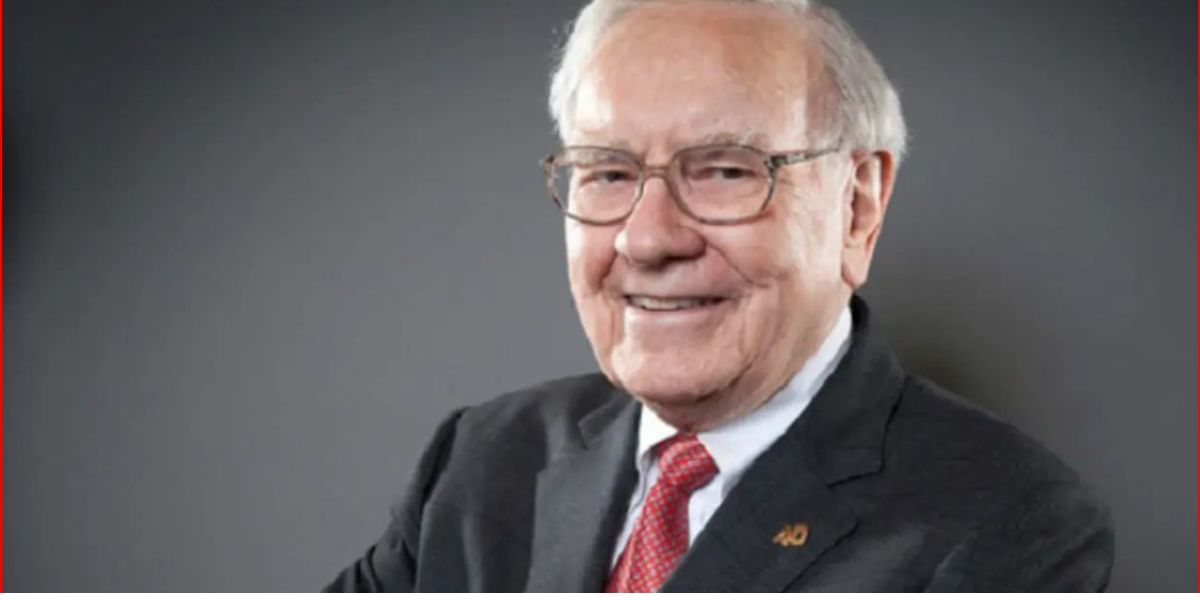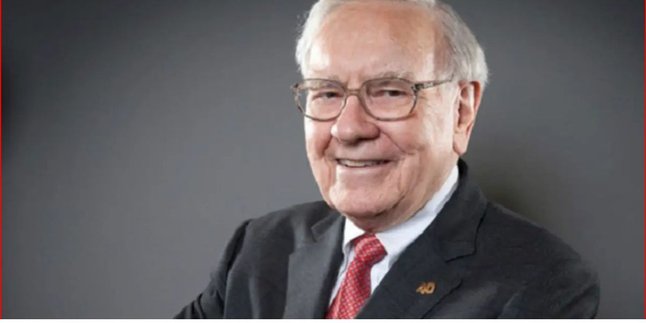Kapanlagi.com - Warren Buffett, the legendary billionaire known worldwide, lives a very simple life despite his wealth exceeding 140 billion USD. His life philosophy emphasizes frugality and smart financial management, inspiring many, especially those in the middle class who often fall into unnecessary spending.
Buffett always stresses the importance of living below one’s means, avoiding a consumer lifestyle, and focusing on long-term investments. With these principles, he has not only managed to maintain his financial stability but also built extraordinary and sustainable wealth.
As reported by Kapanlagi.com from various sources, here are five items that the middle class should avoid according to Buffett, along with the reasons. Tuesday (1/14/2015). By applying these valuable tips, anyone can be wiser in managing finances and avoid the traps of debt or poverty.
1. New Cars: The Depreciating Asset Trap
Warren Buffett, the maestro of investing, firmly reminds us that buying a new car is a decision that can hurt your wallet. Imagine, the value of a new car can plummet by up to 20% in the first year and reach 60% after five years! This means a car worth Rp450 million could depreciate to just Rp180 million.
Buffett argues that vehicle selection should be based on functionality and practicality, not just for flaunting status. He himself has faithfully driven a 2006 Cadillac DTS for nearly ten years before replacing it at his son's request, showing that a frugal lifestyle doesn't have to sacrifice comfort.
In fact, Buffett often hunts for used cars with minor damage, such as hail damage, to get a good deal. For the middle class, this strategy is highly relevant; avoiding large expenses that do not provide added value is key.
So, while buying a new car may be tempting, be wise in choosing a vehicle that fits your needs and budget, such as a quality used car or continuing to use an older vehicle that is still reliable.
2. Subscriptions That Are Not Necessary: Invisible Expenses
In the midst of the dazzling digital era, many of us get caught in unexpected subscription traps, such as streaming services, gyms, or premium apps that we rarely touch. Without regular evaluation, these subscriptions can become "money drains" that disrupt our financial balance.
Warren Buffett emphasizes the importance of reviewing monthly expenses and canceling subscriptions that do not provide real benefits. By redirecting wasted money from trivial things into savings or investments, we can significantly reduce expenses.
For example, the cost of an unused gym subscription for a year could be used to build an emergency fund or purchase health insurance. This simple step not only makes finances more organized but also reflects Buffett's principle of valuing quality over quantity.
To keep expenses under control, make a list of all the services you subscribe to and evaluate which ones you actually use. By eliminating the unnecessary, you will find it easier to manage expenses and increase savings.
3. A House That Is Too Big: Hidden Financial Burdens
Warren Buffett, the maestro of investing, always emphasizes that buying a house should be based on needs, not just for show. Although a big house may seem tempting, it often becomes a heavy financial burden with taxes, maintenance costs, and mortgage payments that drain your wallet.
Buffett himself remains loyal to the simple house he bought in 1958 for around Rp500 million, demonstrating the principle of living below one's means. For him, a house should be a comfortable place, not a status symbol.
Many middle-class people fall into the temptation of upgrading their homes as their income increases, but this step can become a trap that disrupts long-term financial stability.
So, if you want to maintain financial health, choose a house that meets your family's needs and avoid social pressure to own a larger residence. This way, you can allocate more funds for your children's education or future investments.
4. Low-Quality Cheap Goods: Long-Term Expenses
Warren Buffett, the investment maestro, has an interesting perspective on purchasing goods: buying cheap can actually lead to greater expenses in the future. Low-quality items tend to break quickly and require more frequent replacements, thus adding costs that could have been avoided.
Buffett prefers to invest in durable goods, even if they come at a slightly higher price, because he believes that quality is far more important than quantity. This philosophy applies to everything, from clothing to electronic equipment.
Furthermore, choosing high-quality items also contributes to waste reduction and environmental preservation. By focusing on durability, not only can money be saved, but also time that is usually wasted on repairs or replacements.
For the middle class, it is important to always consider quality before shopping; seeking reviews and recommendations can be a wise step to ensure that every purchase is a smart long-term investment.
5. Gambling: The Misguided Hope of Instant Wealth
Warren Buffett views gambling as a fatal mistake in understanding probabilities, as it often only promises empty hopes of instant wealth, while in reality, the chances of winning are very slim. For Buffett, building true wealth requires time, discipline, and smart decisions, not just relying on luck.
Money that should be used for gambling is better allocated to savings or investments that provide real returns, allowing you to achieve financial goals in a more planned manner.
Additionally, gambling also carries high emotional risks; when losing, many people get trapped in the desire to keep playing to recover losses, which can drain savings and increase stress.
Instead, use your time and money to learn how to invest, because with the right knowledge, you can significantly increase the value of your money. Buffett's principles emphasize that wealth is built through smart decisions, not fleeting luck.
6. Why Does Warren Buffett Advise Against Buying a New Car?
New cars lose value quickly, up to 20% in the first year. This makes them a less wise investment compared to quality used cars.
7. What is Warren Buffett's Main Philosophy in Finance?
Buffett emphasizes frugal living, investing for the future, and avoiding unnecessary expenses to achieve financial stability.
8. How to Avoid Unnecessary Subscriptions?
Periodically evaluate your subscriptions and cancel services that are rarely used or do not provide significant benefits.
9. What Are Alternatives to Avoid Cheap Low-Quality Items?
Choose high-quality items even if they are more expensive. In the long run, these items will be more economical because they are durable.
(kpl/rmt)
Disclaimer: This translation from Bahasa Indonesia to English has been generated by Artificial Intelligence.












